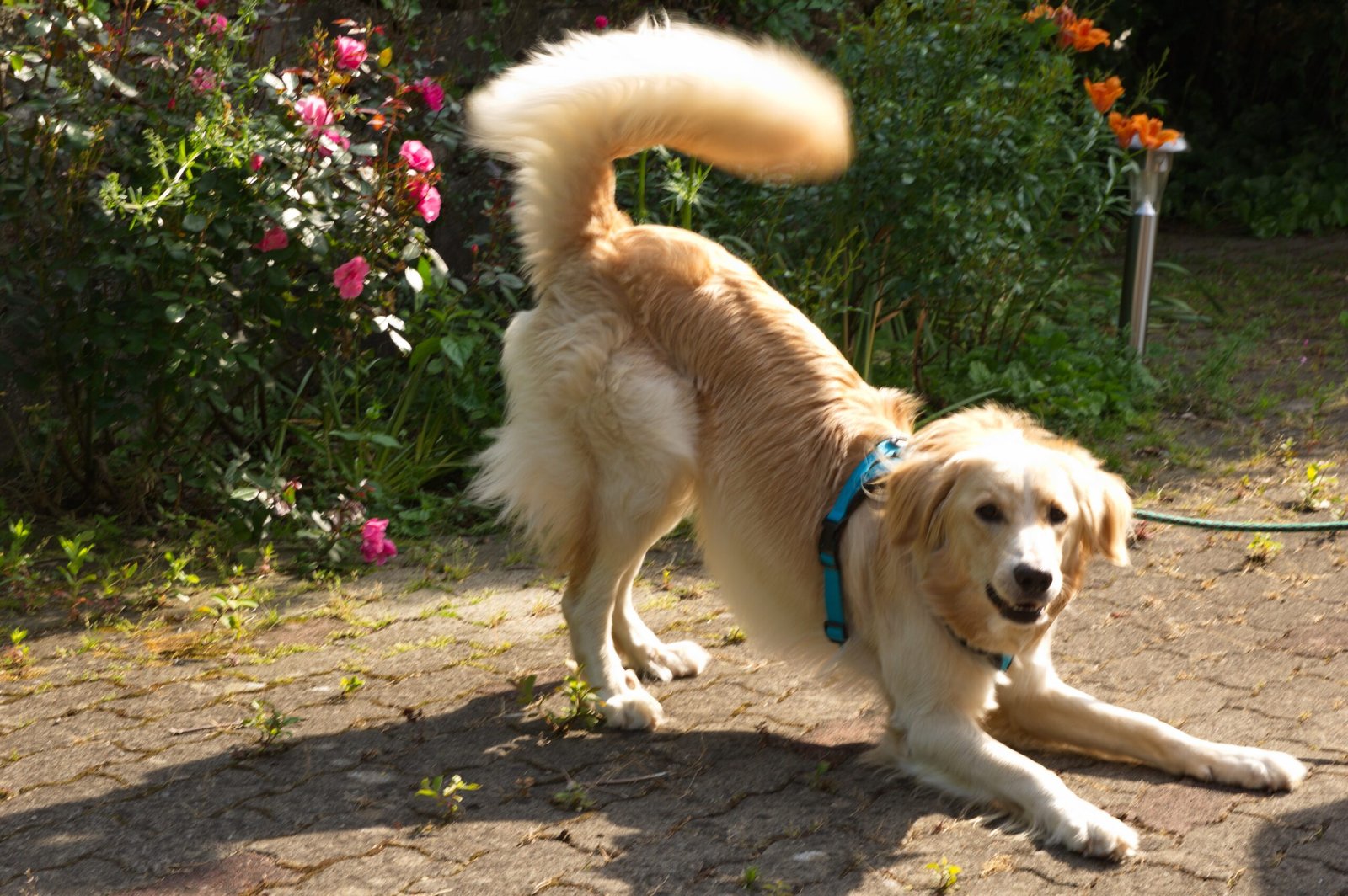Have you ever watched your dog pace nervously around a new house, sniffing every corner, looking back at you with wide, questioning eyes? Moving homes is never easy—for humans or their loyal canine companions. For dogs, whose worlds are built on routine, scent, and familiarity, a big move can shake their emotions in surprising ways. If you’re a dog lover preparing for a relocation, understanding these changes is not just helpful—it can make all the difference in how your furry friend adapts. Let’s dive into the most common emotional changes dogs experience after moving homes, so you can offer them the comfort and patience they need during this big life transition.
Heightened Anxiety and Nervousness
Moving to a new home is a major life change—not just for you, but for your dog, too. While you’re unpacking boxes and settling into a new routine, your furry companion may be quietly processing the transition in their own emotional way. Dogs are creatures of habit, and a change in environment can spark a range of reactions, from confusion and anxiety to clinginess and bursts of energy.
One of the most immediate and noticeable changes in dogs after moving homes is a spike in anxiety. Dogs thrive on routine and familiarity, and suddenly everything they know—their favorite napping spot, the sounds outside, the scents in the air—has changed. You might notice your dog pacing, whining, or even trembling in the new environment. Some dogs may hide under furniture or stick unusually close to you, seeking reassurance. This anxiety isn’t just about the physical move; it’s the loss of their safe, predictable space. Like a child starting at a new school, your dog may feel overwhelmed by the unknown. Offering extra comfort, gentle words, and keeping a consistent routine can help ease this transition.
Clinginess and Attachment

Many dogs become more attached and clingy after a move. Suddenly, you are the only familiar thing in a sea of newness. Dogs that were once independent may start following you from room to room, looking for comfort and security. This heightened attachment is their way of coping with the uncertainty around them. They may jump onto your lap more often, paw at your legs, or sleep right next to you at night. Imagine being dropped into a foreign country where you don’t speak the language—the one person you know becomes your lifeline. In the same way, your presence is what anchors your dog during this unsettling time.
Loss of Appetite
It’s not uncommon for dogs to eat less or even refuse food after moving to a new home. Emotional stress can suppress a dog’s appetite, just as it does in people. The unfamiliar smells, sights, and sounds can make eating feel like an afterthought. Some dogs might sniff their bowl and walk away, or only eat when you’re sitting right beside them. This loss of appetite is usually temporary, but it’s important to monitor your dog and offer small, tasty meals to entice them. Bringing out a favorite treat or using their old food bowl can sometimes help. The key is patience and understanding while they adjust to their new surroundings.
Increased Barking and Vocalization

A new home means new noises—neighbors, traffic, or perhaps even wildlife. Dogs may react by barking more than usual. This increased vocalization is often a sign that your dog is feeling insecure and is on high alert. Every unfamiliar sound can seem like a potential threat, and barking becomes their way of expressing unease or warning their family. Some dogs might also whine, howl, or growl more frequently. This behavior can feel frustrating, but it’s their way of saying, “Something’s different, and I’m not sure if it’s safe.” Calming routines and gradual exposure to the new environment can help reduce excessive barking over time.
Changes in Sleep Patterns
Just like people, dogs may have trouble sleeping in a new place. You might find your dog wandering the house at night, sleeping lighter, or waking up more often. The unfamiliar environment can make it difficult for them to relax fully. They may be alert to every new sound or movement, disrupting their rest. Some dogs will choose to sleep closer to you than before, while others might retreat to a quiet corner if they feel overwhelmed. Providing a familiar bed or blanket and sticking to their usual bedtime routine can help your dog settle down and regain restful sleep.
Regression in House Training
One surprising emotional change is that even well-trained dogs might have accidents in a new home. The stress of the move, combined with unfamiliar territory, can cause confusion about where it’s appropriate to go to the bathroom. Your dog may need reminders, just like when they were a puppy. This regression isn’t a sign of defiance; it’s usually an anxious reaction to all the changes. Consistent praise, patience, and taking them out frequently to their new potty spot will help them relearn the rules in the new environment. Remember, they want to please you—they just need a little extra guidance right now.
Heightened Curiosity or Exploratory Behavior

Not all emotional changes are negative—many dogs become extremely curious after moving. They may sniff every corner, investigate new nooks, or spend hours exploring the backyard. This burst of curiosity is their way of mapping out their new territory and making sense of their changed world. Some dogs become mini-detectives, examining every scent trail and listening intently to the sounds around them. While this can lead to mischief, like getting into boxes or closets, it’s a healthy sign that your dog is beginning to adapt. Encourage safe exploration and celebrate their adventurous spirit as they make the new house a home.
Increased Sensitivity to Stimuli

After a move, dogs often become more sensitive to sights, sounds, and even touch. A doorbell ringing or a passing car might cause a stronger reaction than before. Your dog may jump at small noises, shy away from strangers, or flinch at sudden movements. This heightened sensitivity is a protective response—they’re on alert, trying to process everything around them. Think of it like being in a haunted house, where every sound feels amplified. Gentle reassurance, calm behavior, and gradually introducing them to new experiences will help your dog regain their confidence in the new environment.
Withdrawal or Lethargy
Some dogs respond to the stress of moving by withdrawing or becoming unusually lethargic. They might spend more time alone, sleep excessively, or show little interest in play and interaction. This emotional shutdown is their way of coping with overwhelming change. Dogs can experience sadness and confusion, much like people do after a big life event. If your dog seems down, offer quiet companionship and avoid forcing them into new situations too quickly. Soft words, gentle petting, and a familiar routine can help them feel safe until their spark returns.
Renewed Playfulness and Bonding

After the initial stress wears off, many dogs experience a beautiful emotional change: renewed playfulness and a stronger bond with their family. Exploring a new home together, discovering new parks, or setting up play spaces can reinvigorate your dog’s spirit. You might notice your dog bringing you toys or bouncing around with more enthusiasm, eager to make new memories. This period of adjustment can strengthen your relationship, as your dog learns to trust you even more as their source of comfort and happiness. Shared adventures in a new place can be the start of wonderful new chapters for both of you.
Understanding the emotional shifts your dog may experience after moving homes is key to helping them adjust smoothly. From initial anxiety to eventual confidence in their new surroundings, each behavior is a cue that your pup is adapting in their own time. By offering stability, routine, and lots of love, you can ease their transition and strengthen your bond in the process. A little patience goes a long way—and before long, your new place will feel like home for both of you.

Andrew Alpin from India is the Brand Manager of Doggo digest. Andrew is an experienced content specialist and social media manager with a passion for writing. His forte includes health and wellness, Travel, Animals, and Nature. A nature nomad, Andrew is obsessed with mountains and loves high-altitude trekking. He has been on several Himalayan treks in India including the Everest Base Camp in Nepal.






